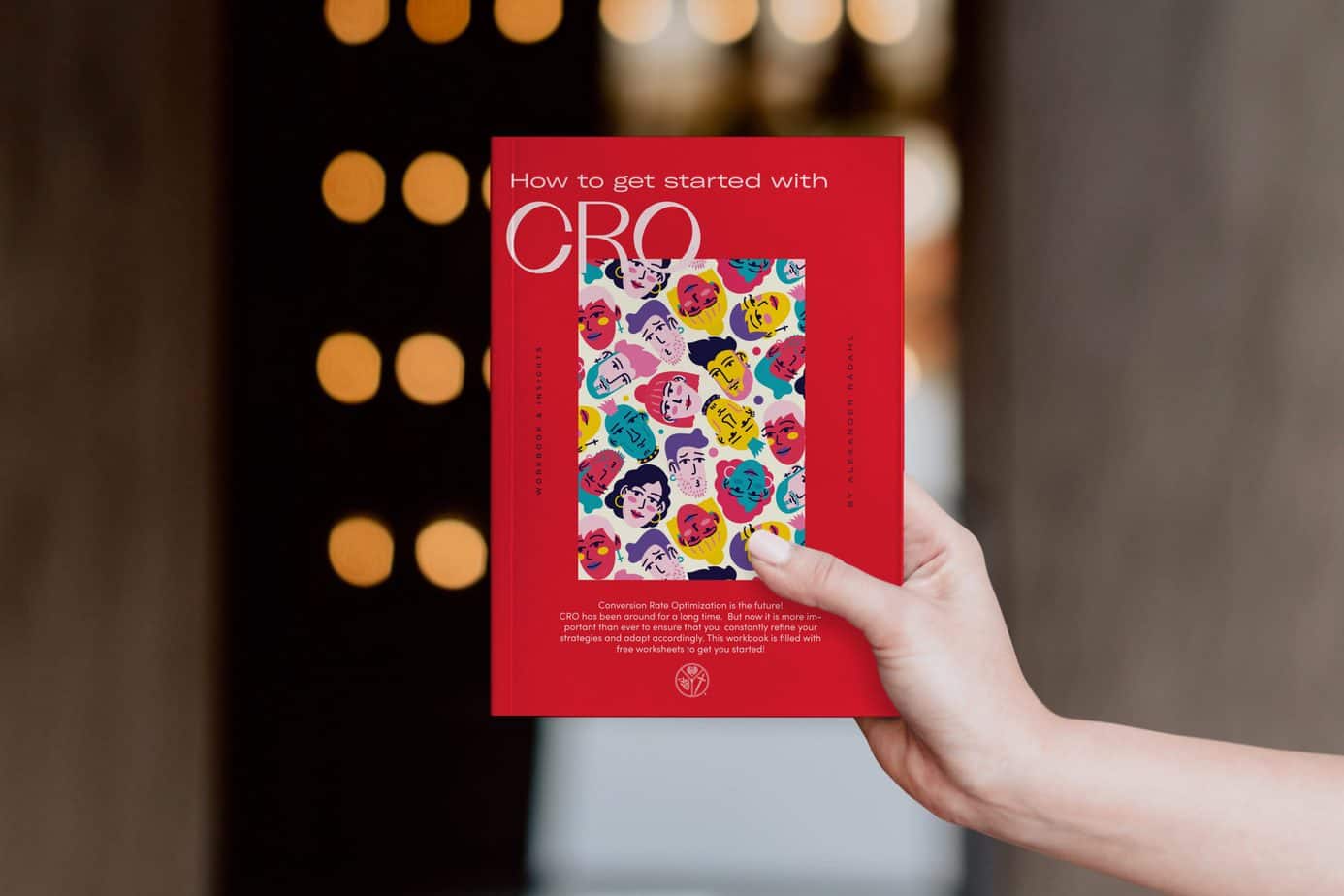A good UX (user experience) mentor can help you unlock your potential as a designer and achieve success in your career. They can provide guidance, advice and insights that help you grow as a designer and improve your skills. But finding a good UX mentor is not always easy. It takes time and effort to find someone who is right for you.
When looking for a UX mentor, it is important to consider their experience, expertise and approach to mentoring. You also need to ensure they have the time and willingness to commit to mentoring you.
If you are lucky enough to find a good UX mentor, be prepared to learn as much as possible from them!
If you want to advance your career in UX, finding a mentor can be a great way to do it. A good mentor can help you guide and advise you on your journey, share your own experiences, and help you grow as a designer.
Mentoring relationships can be beneficial for both parties involved. The mentee learns from his more experienced counterpart, while the mentor gets satisfaction from seeing someone he has helped succeed. If you are interested in finding a mentor, there are several ways to do this.
One option is to reach out to people who inspire you or admire your work. Ask if they are willing to take on a mentoring role. Many professionals will be happy to help others who are passionate about learning. Another approach is to join or participate in an existing mentoring program, often organized by organizations such as AIGA or local chapters of the ACM SIGCHI design group.
Whatever route you choose, make sure you find someone with whom you have chemistry and who shares your goals for the relationship. With dedication and patience, working with a UX mentor can help advance your career and open up new opportunities along the way.

Many people believe that in order to be a UX leader, they must have years of experience and a vast knowledge of the field. While this is certainly helpful, it is not impossible to become a UX leader without either. It takes hard work, dedication, and a willingness to learn new things.
No one knows everything about UX, and even the most experienced practitioners are always learning new things. The key to becoming a successful UX leader is staying up-to-date on the latest trends and best practices, and sharing your knowledge with others. This involves being active in the UX community, attending conferences and meetups, reading articles and books, etc.
It’s also important to be an advocate for user-centered design (UCD) within your organization. This means promoting usability testing, participatory design sessions, data-driven decision making, etc., whenever possible. By doing all of these things, you can position yourself as a valuable resource for your team or company – and eventually become a UX leader.

Aspiring UX leaders need to be able to talk about their work and have a strong portfolio to back up their claims.UX Mentor is a six-month program that offers the opportunity for participants to achieve just that. In addition, they will also be given the chance to learn more about user research, interaction design, information architecture, user interface design and accessibility.
It's one thing to be a great UX designer, and it's another thing to be an effective mentor. As a UX mentor, you need to be able to work well with other team members, lead by example, and provide guidance and support when needed. You also need to have the ability to see the big picture and understand how your work affects the rest of the team. And lastly, you need to be patient and willing to help new designers learn the ropes. If you can do all that, then you'll make a great UX mentor.

The UX mentor is an important part of any team. They keep the team up to date with the latest trends and best practices in user experience. It is their job to help the team create a great user experience for their users. They also provide feedback and guidance to help the team improve their work. The UX mentor is an important part of any team, and it is important to stay up to date with the latest trends in UX.
Most people agree that having a mentor is important for career development. A mentor can help you learn new skills, connect with new opportunities, and grow your professional network. But how do you find a good mentor? And once you have one, what should you do to make the most of the relationship?
Here are a few tips:
Finding a job in the UX field can be difficult, but it's definitely not impossible. A mentor can help you find new jobs and give you some great advice on how to make your resume stand out. They may also be able to introduce you to potential employers or recommend you for open positions. Having someone who is familiar with the industry can be a huge asset, so don't hesitate to ask for help when needed.

Finding a UX mentor can be a great way to improve your skills and knowledge in the field of user experience. However, there are a few things you should keep in mind before seeking out a mentor.
First, make sure you know what you want from a mentor. Are you looking for help with specific projects or tasks? Guidance on how to develop your career? Someone to bounce ideas off of? Figuring out what you need from a mentor will help you find the right person for the job.
Second, do your research and find someone who is knowledgeable and experienced in UX design. Don’t just choose anyone – make sure your mentor has the ability to teach you what you need to know.
Finally, take advantage of whatever resources are available to you. Many mentors offer free or discounted rates for their services, so be sure to ask!
When you are starting out in UX, it can be difficult to know where to turn for help. Do not be afraid to ask for help from a UX mentor. A good mentor will be happy to share their knowledge and experience with you, and will help you grow as a UX designer. If you don't have a mentor, try joining a local user group or attending an upcoming conference. There are also plenty of online resources available, such as blogs and forums. The key is to keep learning and expanding your skillset, and eventually you will become a successful UX designer.
Designers are often eager to find mentors that can help them navigate their career and solve difficult design problems. However, it's important to remember that UX mentors should not be expected to solve all your problems. In fact, the best mentor-mentee relationships are based on a mutual respect for each other's skills and experience.
The key to getting the most out of a UX mentor is patience. Allow your mentor to get to know you and your work before bombarding them with questions. And remember, even the most experienced designers still have things to learn. So be respectful of your mentor's time and expertise, and be prepared to learn from them both formally and informally.

If you're lucky enough to have a UX mentor, be prepared to learn a lot. A good mentor can teach you about the field of user experience, how to be a better designer, and how to navigate the industry. They can also provide support and guidance as you progress in your career.
To get the most out of your relationship with a UX mentor, make sure that you are respectful and appreciative, and ask lots of questions. Be prepared for them to challenge you and push you to grow as a designer. And finally, remember that it's okay to make mistakes - your mentor will help you learn from them.
Mentors can provide guidance and support, which can be especially helpful when you're starting out in a new career. If you're trying to break into UX, it's a good idea to find a mentor who has experience in your field. They can help you develop your skills and give you advice on navigating the industry. A mentor can also connect you with other professionals in your field, providing opportunities for networking and collaboration.
A mentor is someone who can help guide you in your career and help you grow as a professional. It is important to have a good relationship with your mentor, so that you can make the most of the guidance and advice they are providing. Some ways to build a good relationship with your mentor include being respectful, responsive, and appreciative. Make sure you take advantage of any opportunity to learn from them, and don't be afraid to ask for help when you need it.

Remember to thank your UX mentor for all the hard work they've put in for you. Something like this would probably be appreciated:
"Thank you for your guidance and support during my apprenticeship. I could not have done it without you! Once I have achieved my goals, I will be sure to help the next generation of apprenticets just as you helped me."
UX mentorship can help you get ahead in your career. You can find a mentor who is willing to help guide and advise you as you work your way up the ladder. You will need to be proactive and diligent in your search for a mentor, but the payoff can be worth it. Becoming a UX leader takes time and effort, but with the right guidance, you can make it happen.